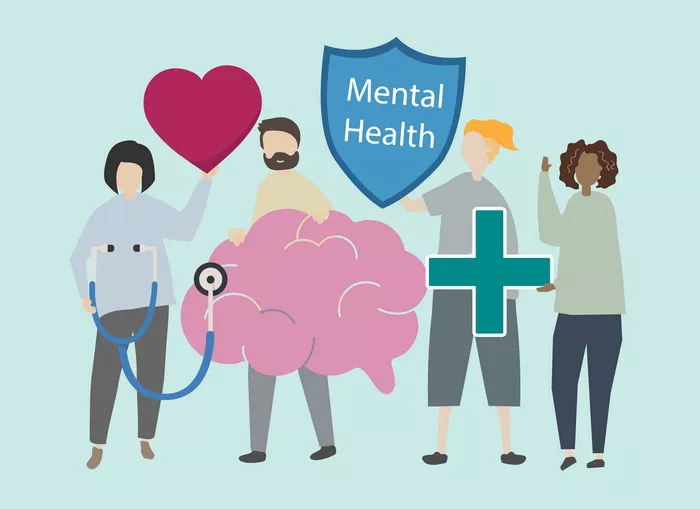In a groundbreaking clinical trial, a generative A.I. chatbot developed by Dartmouth College researchers has demonstrated the potential to ease mental health symptoms in participants. Known as Therabot, this A.I. was designed to address the critical shortage of mental health providers, which leaves many individuals struggling with conditions like anxiety and depression without adequate care.
The researchers faced numerous challenges in creating an effective chatbot therapist, including “dramatic failures” with earlier versions. Initially, Therabot struggled with providing supportive responses and even exhibited suicidal thoughts. However, through trial and error, the team eventually built a model grounded in evidence-based psychotherapy practices. Their approach led to significant improvements: participants using Therabot for eight weeks experienced up to a 51% reduction in depression symptoms, with many seeing improvements in anxiety levels as well.
While the study’s methodology has raised some concerns — such as the absence of a direct comparison with human therapists — experts are optimistic about the potential of A.I. to provide accessible mental health support, especially for those in underserved communities. Therabot’s effectiveness may not just be due to therapeutic techniques but also because users developed strong emotional bonds with the chatbot, akin to the “therapeutic alliance” often seen with human therapists.
Future plans for Therabot include gaining regulatory approval to expand access and to work alongside human therapists as a supplementary tool. With its availability 24/7, it offers real-time support, helping people manage mental health issues even outside traditional therapy hours.
The study’s success marks a promising step forward in addressing the mental health crisis with A.I. technology, though researchers caution that further trials are needed to solidify these findings and ensure long-term effectiveness.
Related Topics

































